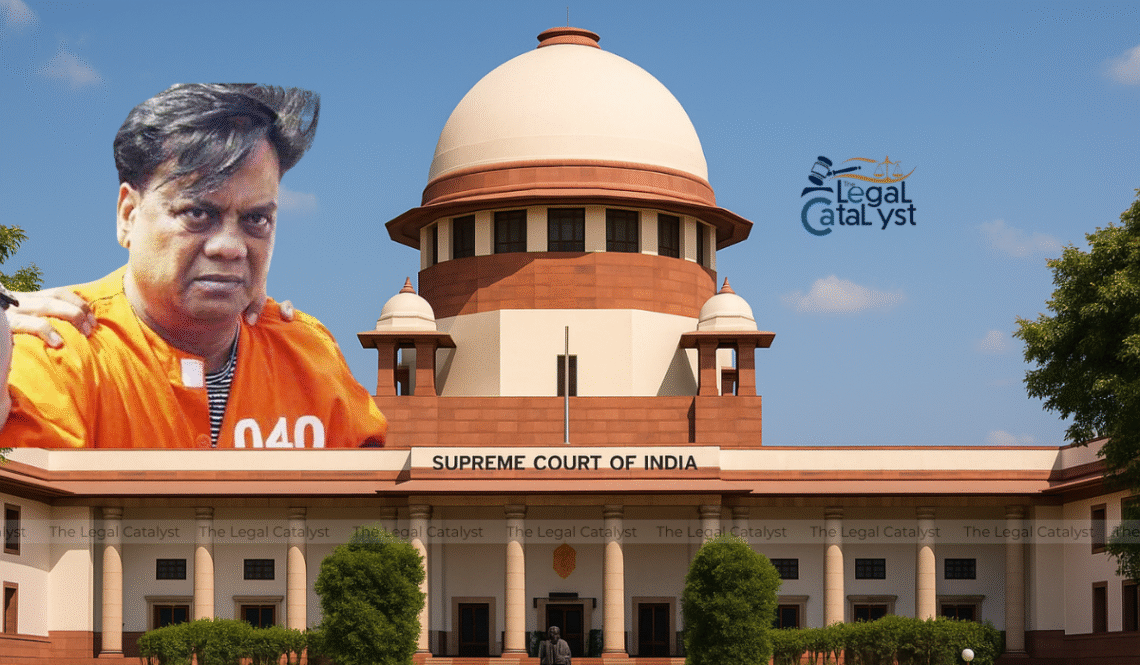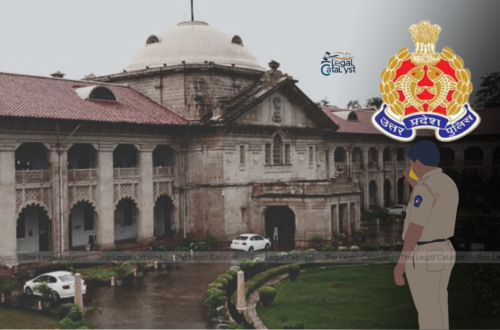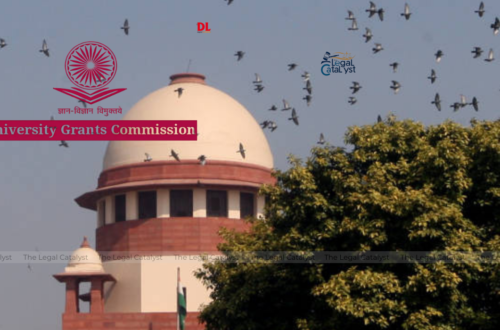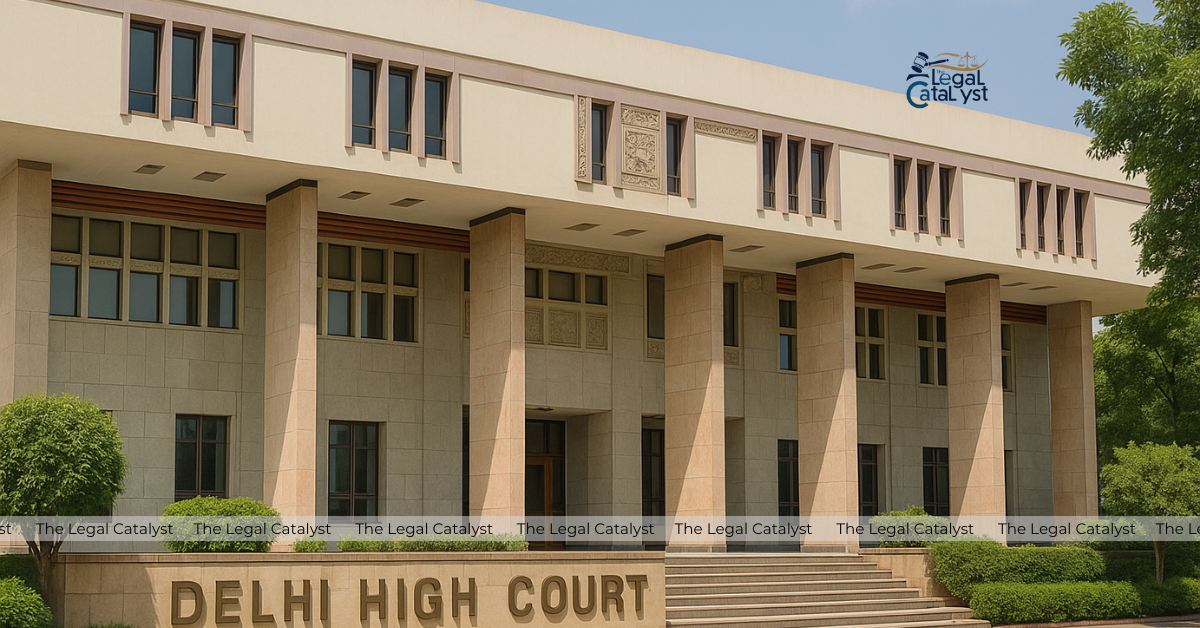The Supreme Court on Monday cancelled the bail previously granted to gangster Chhota Rajan (Rajendra Sadashiv Nikalje) in the 2001 murder of hotelier Jaya Shetty. The Court strongly questioned why the sentence should have been suspended in his case. A Bench comprised of Justices Vikram Nath and Sandeep Mehta. They passed the order after a plea from the Central Bureau of Investigation (CBI). The plea highlighted Rajan’s long criminal record and history of absconding. The Bench observed, “Four convictions and abscondence of 27 years… why suspension of sentence to such a man?”
Rajan was convicted by a Special MCOCA court in Mumbai in May 2024 for his role in Shetty’s murder. The court found he had conspired and carried out the shooting after Shetty refused to pay extortion demands. Under Sections 302 (murder) and 120-B (criminal conspiracy) of the Indian Penal Code (IPC), Rajan was sentenced to life imprisonment and fined ₹1,00,000. He also received concurrent life sentences under Sections 3(1)(i), 3(2), and 3(4) of the Maharashtra Control of Organized Crime Act (MCOCA), along with hefty fines.
Also Read- Supreme Court Stays Key Provisions of Waqf Amendment Act 2025, but no stay on registration of Waqfs
The CBI’s petition opposing his bail was accepted in light of his record. The prosecuting agency noted that Rajan has four previous convictions and had been absconding for nearly three decades. The Court was unsympathetic to arguments that many of the older cases against him had been closed for lack of evidence. On this, Rajan’s counsel acknowledged that while some FIRs had been closed, the current conviction in the Shetty case was his second murder conviction.
The events leading up to Shetty’s murder were also discussed. Jaya Shetty, owner of the Golden Crown hotel in South Mumbai, allegedly faced repeated threats from Rajan’s criminal enterprise. Those threats supposedly involved demands for ₹50,000, which Shetty resisted. Two months before the murder, police protection for Shetty was withdrawn, following which gunmen shot him outside his office on May 4, 2001.
The Supreme Court, in cancelling Rajan’s bail, reaffirmed an important principle. Serious criminal offenders cannot expect leniency. This holds true even when they argue about lack of evidence in unrelated or prior FIRs. The Bench held that the severity of the offence, combined with Rajan’s fugitive history, precluded granting relief of suspension of sentence. The Court was firm in its message that bail should not be a safe harbor for individuals with lengthy criminal histories.
Connect with us on Instagram – X – LinkedIn for daily updates, quizzes, and other materials.







